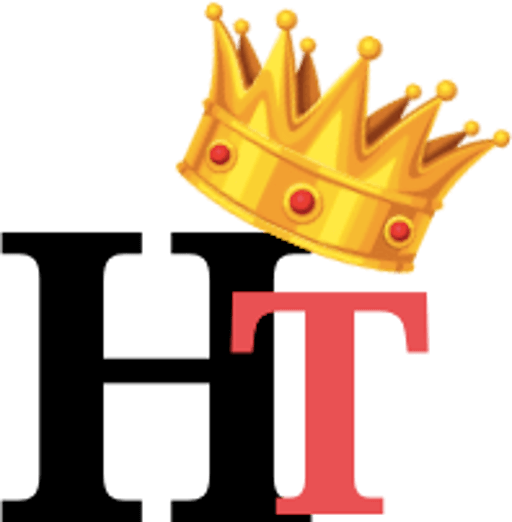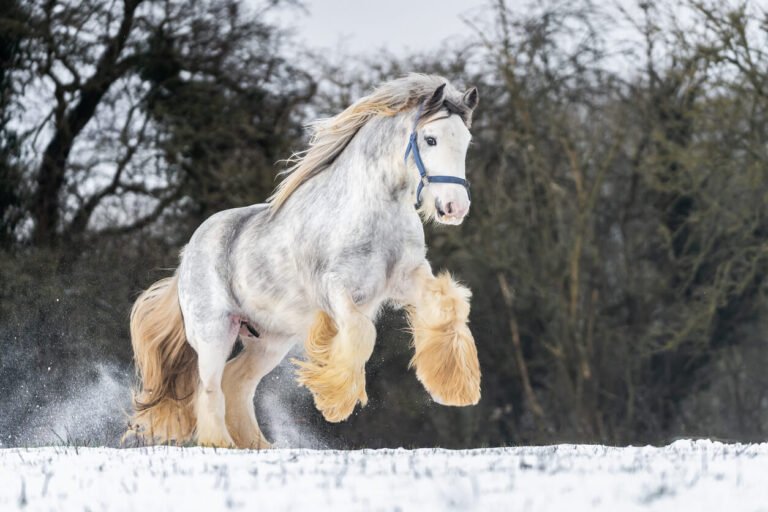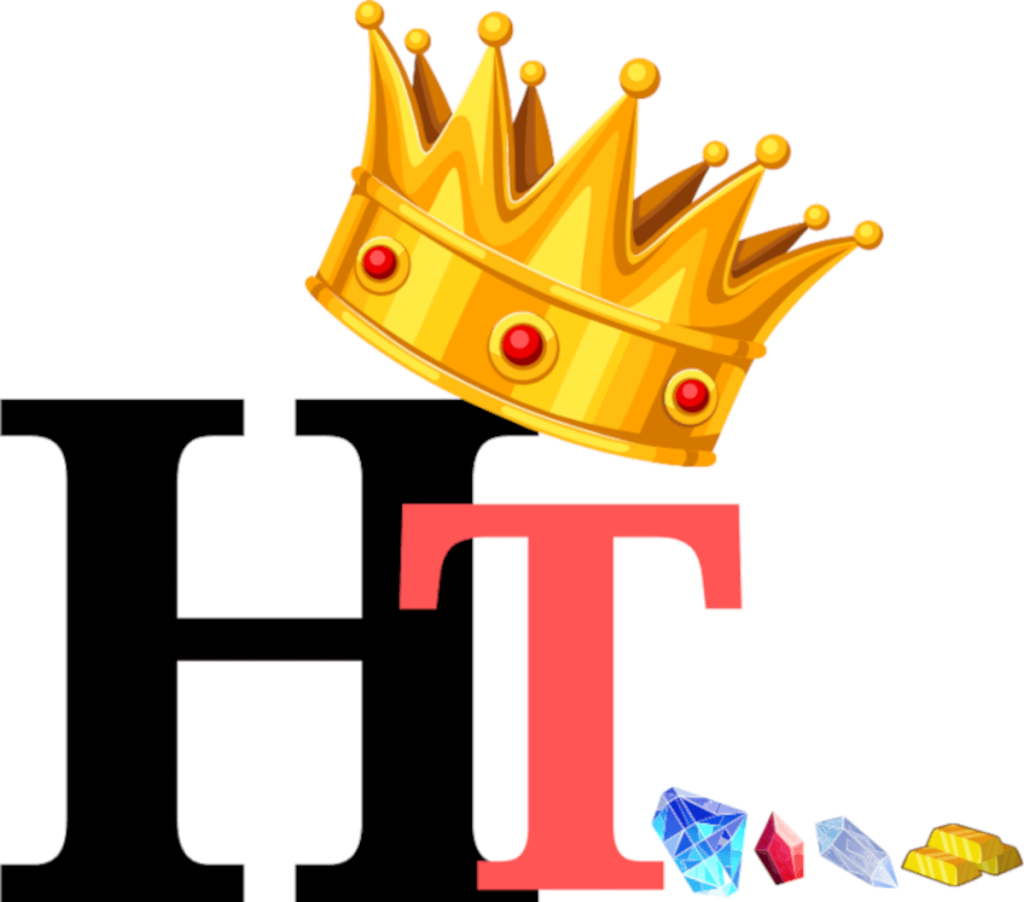Welcome to the ultimate horse breed quiz! Whether you’re a seasoned equestrian or a curious novice, understanding different horse breeds is crucial for finding your perfect equine companion. It’s also important to consider crossbreeds and genetic diversity when choosing a horse breed. This comprehensive guide will not only introduce you to various horse breeds, such as the American Quarter Horse, Arabian Horse, Connemara Pony, Icelandic Horse, and Tennessee Walking Horse, but also help you discover which breed aligns best with your lifestyle and riding goals. Ready to embark on this exciting journey? Let’s dive in!
Key Takeaways: Horse Breed Quiz
- Personalized Horse Recommendations: A horse breed quiz provides tailored suggestions based on your preferences, riding experience, and lifestyle, helping you find the ideal equine companion.
- Educational Tool: These quizzes offer valuable insights into various horse breeds, their characteristics, and their suitability for different activities, enhancing your equine knowledge.
- Engagement and Fun: Horse breed quizzes make learning about horse breeds interactive and enjoyable, sparking interest and excitement in both new and experienced horse enthusiasts.
- Consider Breed and Individual Differences: While breed characteristics are important, remember that individual horses within a breed can vary significantly in temperament and suitability. Always consider the specific traits of each horse.
- Supplement Quizzes with Professional Advice: Use horse breed quizzes as a starting point, but complement them with thorough research and consultations with experienced horse owners or trainers to make well-informed decisions.
- Genetic Health Considerations: Pay attention to genetic diversity and health issues within breeds. Prioritize breeders who focus on healthy breeding practices to ensure a robust equine companion.
- Emphasize the importance of genetic diversity in horse breeds to maintain a healthy population and reduce the risk of inherited diseases.
- Crossbreeds and Mixed Heritage Horses: Don’t overlook the benefits of crossbreeds or mixed heritage horses, which can offer unique advantages such as hybrid vigor and adaptability.
- Highlight the benefits of crossbreeds, including their potential for greater resilience and versatility.
- Environmental Adaptation: Consider how well a horse breed adapts to your local climate and environment, ensuring your chosen breed thrives in your specific region.
- Long-Term Commitment: Recognize the long-term commitment and costs associated with horse ownership, including care, training, and maintenance, to ensure you’re prepared for the responsibilities involved.
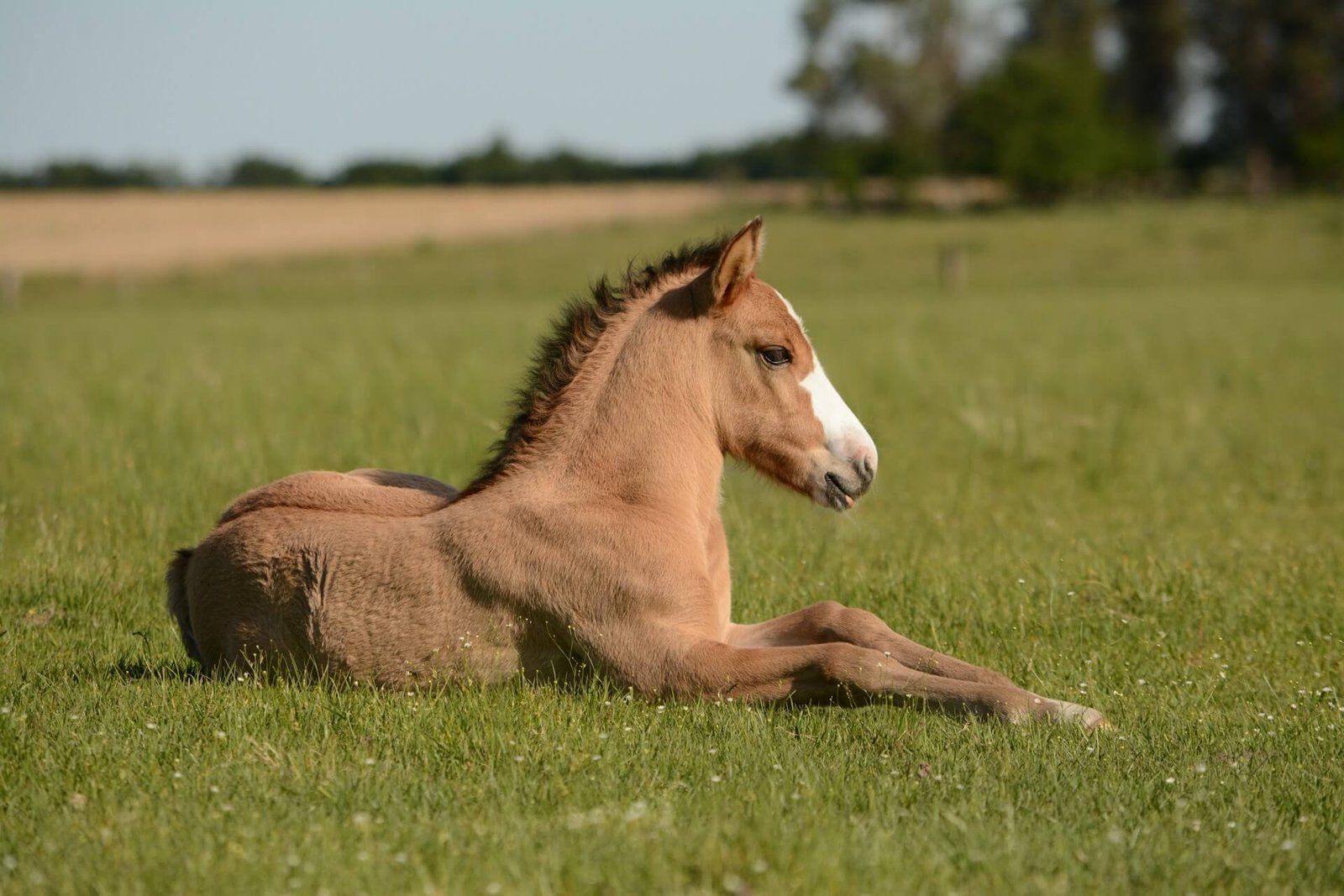
Section 1: The Importance of Knowing Horse Breeds
Why Horse Breeds Matter
Horse breeds differ significantly in terms of temperament, size, and suitability for various activities. Knowing these differences can help you choose the right breed of horse that fits your needs, whether for competitive riding, leisure, or work. Understanding ancient breeds and their historical significance can also provide valuable insights into the lineage and characteristics of modern horse breeds. Additionally, considering crossbreeds can offer unique advantages, such as combining the best traits of different breeds.
Key Factors to Consider
- Temperament: Some breeds are known for their calm and gentle nature, while others may be more spirited and challenging.
- Size and Build: The physical characteristics of a breed determine its suitability for specific tasks such as jumping, racing, or heavy work.
- Training and Maintenance: Different breeds require varying levels of training, care, and maintenance, influencing your overall experience as an owner.
- Genetic Diversity: Genetic diversity within a breed can impact its health, resilience, and adaptability, making it an important factor to consider when choosing a horse breed.
Section 2: Horse Breed Categories
Light Horses
Arabian
- Origin: Middle East. The Arabian horse is recognized as the oldest breed in the world, with a history deeply intertwined with the Bedouin people. It was introduced to Northwest America in the 1700s, bringing along the distinctive Appaloosa coloring.
- Characteristics: Known for their endurance, intelligence, and distinctive head shape.
- Suitability: Ideal for endurance riding and showing.
The importance of genetic diversity in maintaining the health of Arabian horses cannot be overstated, as it helps prevent genetic disorders and ensures a robust and resilient population.
Thoroughbred
- Origin: England
- Characteristics: Renowned for their speed and agility.
- Suitability: Perfect for racing and competitive jumping.
Genetic diversity is crucial in maintaining the health and vitality of Thoroughbreds, ensuring they remain robust and resilient.
Heavy Horses
Clydesdale
- Origin: Scotland
- Characteristics: Large, powerful, and gentle giants often seen in parades and pulling heavy loads.
- Suitability: Best for draft work and ceremonial purposes.
Genetic diversity is crucial in maintaining the health and vitality of Clydesdales, ensuring they remain robust and resilient.
Shire
- Origin: England
- Characteristics: One of the largest horse breeds, known for their strength and calm demeanor.
- Suitability: Excellent for agricultural work and driving.
Genetic diversity is crucial in maintaining the health and vitality of Shires, ensuring they remain robust and resilient.
Ponies
Shetland Pony
- Origin: Scotland
- Characteristics: Small, sturdy, and intelligent, often used as children’s ponies.
- Suitability: Great for children’s riding and driving.
Maintaining genetic diversity is crucial for the health and resilience of Shetland Ponies.
Welsh Pony
- Origin: Wales
- Characteristics: Versatile and athletic, suitable for various disciplines.
- Suitability: Perfect for both children and adults in riding and showing.
Genetic diversity is crucial in maintaining the health and vitality of Welsh Ponies.
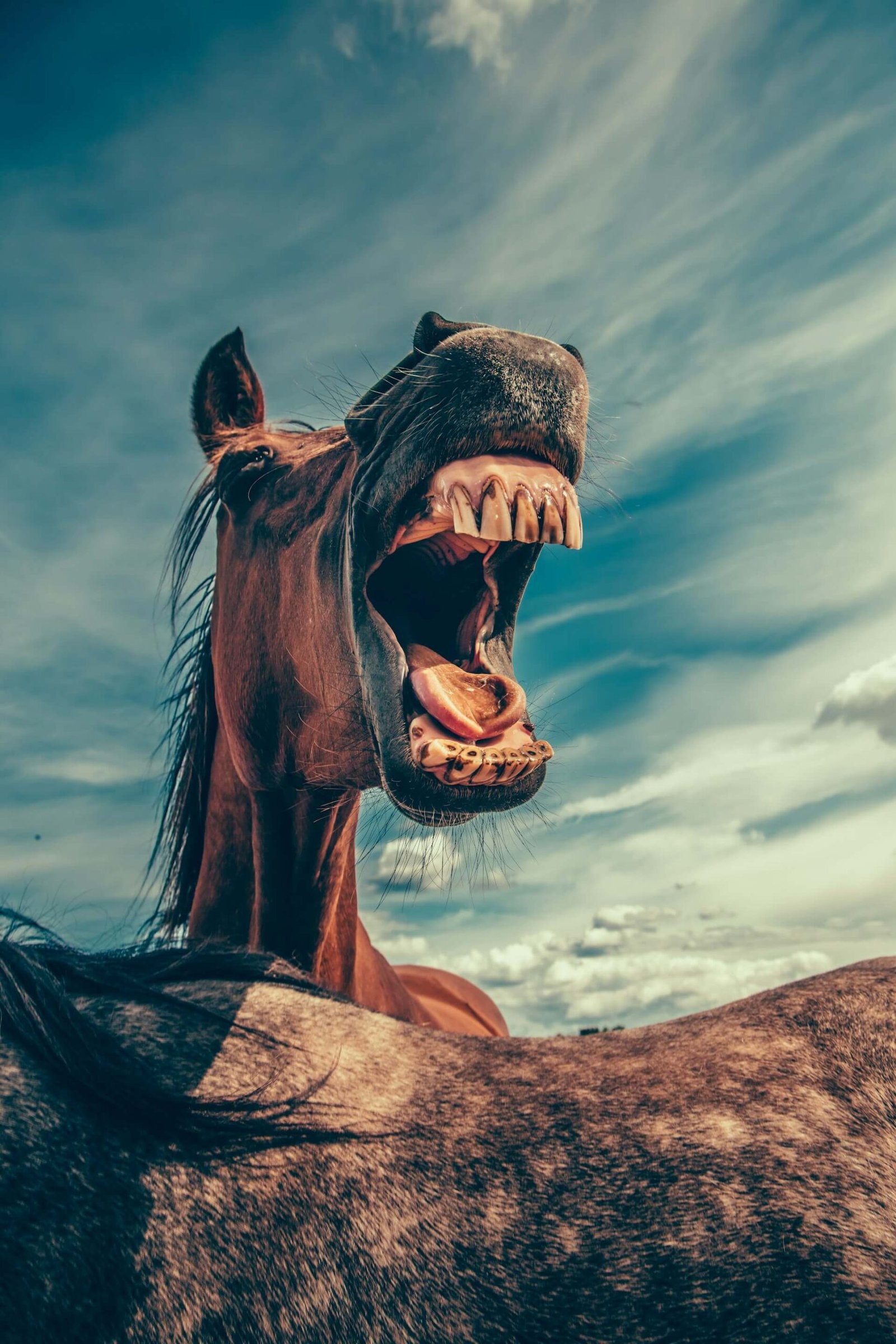
Section 3: The Ultimate Horse Breed Quiz
Quiz Introduction
This quiz is designed to match you with the ideal horse breed based on your preferences, lifestyle, and riding goals. Answer the following questions to discover your perfect equine partner.
The quiz results also include various crossbreeds to ensure a comprehensive match.
Quiz Questions
- Riding Experience: How would you describe your level of riding experience?
- A) Beginner
- B) Intermediate
- C) Advanced
- Purpose: What is your main purpose for owning a horse?
- A) Leisure riding
- B) Competitive riding
- C) Work and utility
- D) Pleasure riding
- E) Harness racing
- Temperament Preference: What kind of temperament do you prefer in a horse?
- A) Calm and gentle
- B) Spirited and energetic
- C) Strong and steady
- Size Preference: What size of horse are you comfortable with?
- A) Small (Ponies)
- B) Medium (Light Horses)
- C) Large (Heavy Horses)
- Maintenance Willingness: How much time can you dedicate to horse care and maintenance?
- A) Minimal
- B) Moderate
- C) Extensive
- Crossbreed Preference: Do you prefer crossbreeds?
- A) Yes
- B) No
Quiz Results
- Mostly A’s: Shetland Pony, Welsh Pony, or a crossbreed of these – Ideal for beginners and those looking for a smaller, manageable companion.
- Mostly B’s: Arabian, Thoroughbred, or a crossbreed of these – Perfect for intermediate to advanced riders interested in leisure or competitive riding.
- Mostly C’s: Clydesdale, Shire, or a crossbreed of these – Best for those who need a strong, reliable horse for work and utility purposes.
Section 4: Training and Caring for Your Horse
Basic Training Tips
- Consistency: Maintain a regular training schedule to build trust and understanding. Horse lovers can benefit from maintaining a regular training schedule to build trust and understanding.
- Positive Reinforcement: Use rewards and praise to encourage desired behaviors.
- Patience: Be patient and understanding, especially with younger or less experienced horses.
Considering genetic diversity in training is also important, as different breeds and individual horses may respond differently to various training methods.
Essential Care Guidelines
- Diet: Provide a balanced diet rich in hay, grains, and necessary supplements.
- Exercise: Ensure regular exercise to keep your horse healthy and fit.
- Grooming: Regular grooming to maintain coat health and hygiene.
- Veterinary Care: Schedule regular check-ups with a veterinarian to monitor your horse’s health.
Considering genetic diversity is also important in horse care to ensure a robust and healthy population.
Tack and Equipment
- Saddles and Bridles: Choose the right size and type for your horse’s breed and your riding style.
- Grooming Kits: Keep essential grooming tools like brushes, combs, and hoof picks handy.
- Safety Gear: Always use helmets and appropriate riding gear to ensure safety.
Additionally, consider genetic diversity when selecting tack and equipment to ensure the best fit and comfort for different horse breeds.
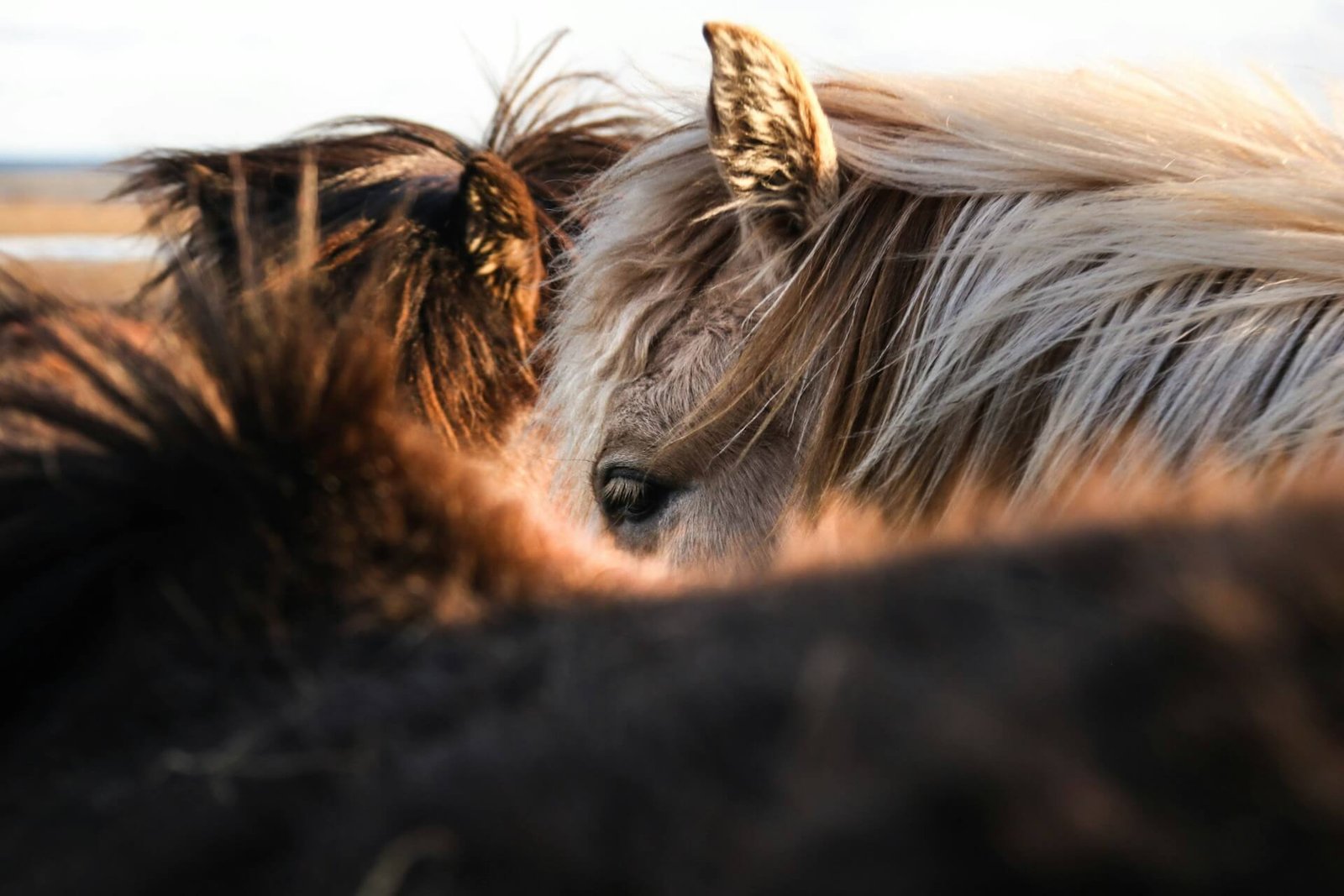
Section 5: Frequently Asked Questions (FAQs)
Q1: How do I choose the right horse breed for a beginner rider?
A1: For beginner riders, it’s best to choose a breed known for its calm temperament and easy-going nature, such other breeds such as the Shetland Pony or Welsh Pony. These breeds are typically more manageable and forgiving for those new to riding.
Crossbreeds can also be a great option for beginners, as they often combine the best traits of their parent breeds, resulting in a well-rounded and adaptable horse.
Q2: Can heavy horse breeds be used for riding?
A2: Yes, heavy horse breeds like the Clydesdale and Shire can be used for riding. However, they are generally more suited for draft work and may require specialized tack and training for riding purposes.
It is also important to consider genetic diversity in heavy horse breeds to ensure their health and longevity.
Q3: How much does it cost to maintain a horse?
A3: The cost of maintaining a horse varies depending on factors such as breed, location, and the level of care required. On average, you can expect to spend between $3,000 to $10,000 per quarter horse annually on feed, veterinary care, training, and other expenses.
Crossbreeds can potentially offer cost benefits due to their generally lower maintenance requirements.
Q4: What is the lifespan of different horse breeds?
A4: Most horse breeds commonly have a lifespan of 25 to 30 years. Ponies tend to live longer, often reaching up to 35 years or more, while draft horses and larger breeds like heavy horses may have slightly shorter lifespans due to their size.
Genetic diversity also plays a significant role in the lifespan of horse breeds.
Q5: Are there specific health issues associated with certain horse breeds?
A5: Yes, certain breeds are prone to specific health issues. For example, Thoroughbreds can be susceptible to leg injuries due to their build and activity levels, while Arabian horses may have genetic conditions like Lavender Foal Syndrome. It’s important to research and understand the health risks associated with your chosen breed. Additionally, understanding the specific health issues of endangered breeds is crucial for their preservation and care. Considering genetic diversity is essential in preventing health issues and promoting the overall well-being of horse populations.
Exploring Counter Aspects, Advantages, Antagonistic Points of View, Misunderstandings, and Sparsely Discussed Factors of Horse Breed Quizzes
Advantages of Horse Breed Quizzes
Personalized Recommendations
One of the main advantages of a horse breed quiz is that it offers personalized recommendations based on an individual’s preferences and needs. This tailored approach can help prospective horse owners find a breed that suits their lifestyle and riding goals more accurately than generic advice.
Additionally, the quiz can include crossbreeds in its personalized recommendations.
Educational Value
Horse breed quizzes can be educational, providing valuable information about different breeds spotted horses, their characteristics, and their suitability for various activities. This knowledge can help users make informed decisions about horse ownership.
Understanding genetic diversity also adds educational value, as it highlights the importance of preserving various horse breeds.
Fun and Engaging
Quizzes can be a fun and engaging way to learn about horse breeds. They can spark interest and excitement in horse and animal enthusiasts, making the learning process enjoyable and interactive.
Additionally, learning about crossbreeds can be equally fun and engaging, adding another layer of excitement to the experience.
Antagonistic Points of View
Oversimplification of Complex Choices
Critics argue that horse breed quizzes often oversimplify the complex decision-making process involved in choosing a horse. Important factors such as the horse’s individual temperament, previous training, and specific health issues may be overlooked in favor of broad generalizations based on the horse racing breed alone.
Additionally, considering crossbreeds can offer unique benefits and should be part of the decision-making process.
Potential Misinformation
There is a risk that quizzes might provide misleading information, especially if they are not created by knowledgeable equine professionals. Inaccurate or oversimplified results can lead to poor decisions, which might negatively affect both the owner and the horse.
Additionally, accurate information about genetic diversity is crucial to ensure the well-being and proper management of horses.
False Sense of Security
Relying solely on a quiz to choose a horse might give individuals a false sense of security. A quiz cannot replace the nuanced understanding of ancient breed that comes from hands-on experience and professional advice. It’s essential to conduct thorough research on draft horse and consult with experienced horse owners or trainers.
Additionally, considering crossbreeds and genetic diversity is crucial to avoid a false sense of security.
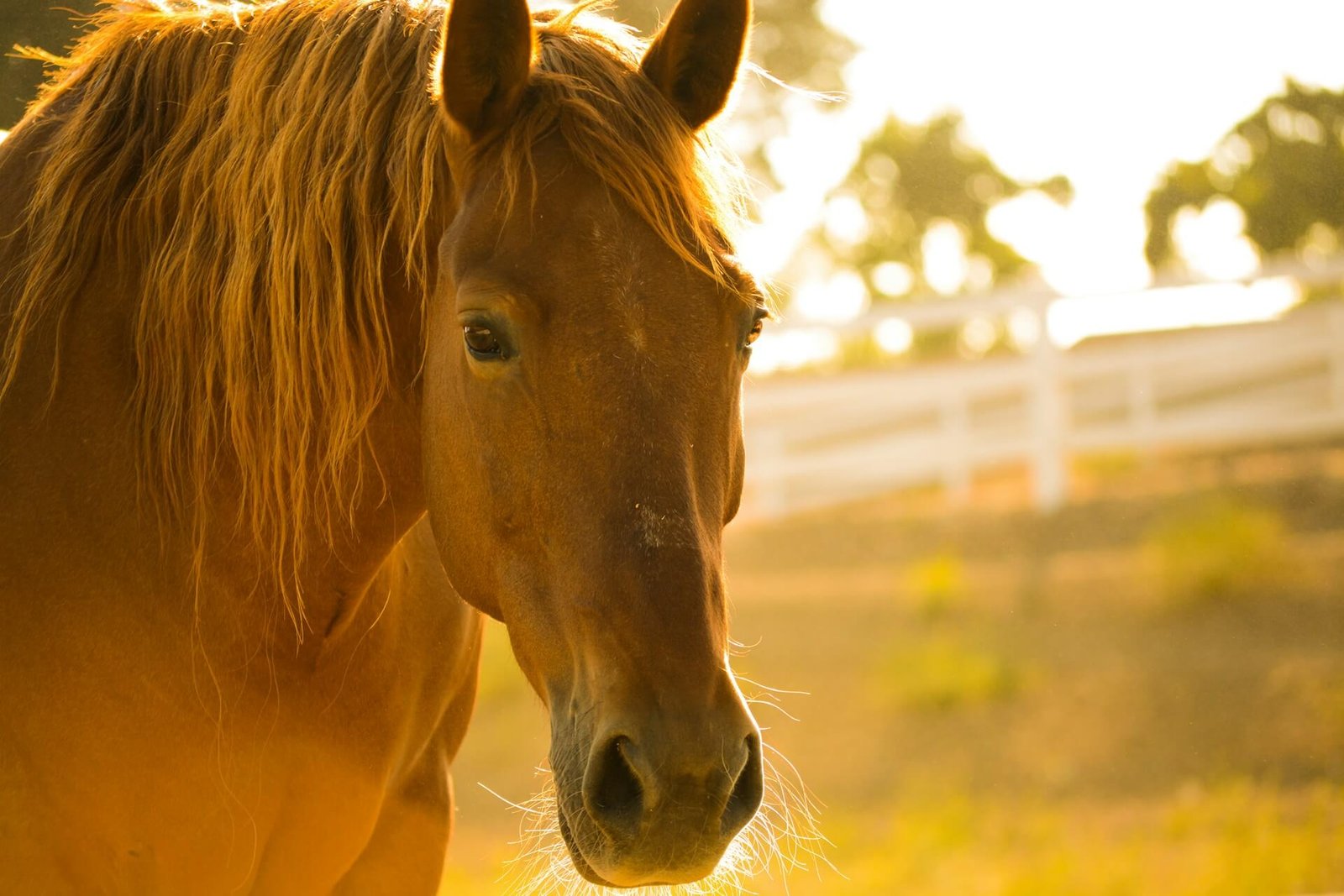
Misunderstandings Surrounding Horse Breed Quizzes
One-Size-Fits-All Approach
A common misunderstanding is that horse breed quizzes provide definitive answers and correct answer, leading some to believe that the recommended breed is the only suitable option. In reality, many breeds can be adaptable, and individual horses within a breed can vary widely in temperament and suitability.
Considering crossbreeds can offer a more tailored approach, as they often combine the best traits of multiple breeds, providing a versatile and adaptable option.
Ignoring Individual Horse Differences
Another misconception is that breed is the most critical factor in choosing a horse. While breed characteristics are important, individual differences within a breed can be significant. A horse’s personality, training, and history are equally crucial in determining compatibility.
Additionally, considering genetic diversity is important to avoid ignoring individual horse differences.
Overemphasis on Breed Prestige
Some people might use quizzes to select breeds based on prestige or popularity rather than practical considerations. This can lead to choosing a horse that is not well-suited to the owner’s needs or capabilities, resulting in dissatisfaction and potential neglect of wild horses.
Considering crossbreeds can offer a balanced alternative, combining desirable traits from different breeds to better match the owner’s requirements.
Sparsely Discussed Factors
Genetic Diversity and Health
Horse breed quizzes rarely address the importance of genetic diversity endangered breed, and its impact on the animals’ health. Some breeds suffer from hereditary health issues due to limited gene pools. It’s essential to consider genetic health and consult breeders who prioritize healthy breeding practices.
Additionally, considering crossbreeds can offer potential health benefits due to increased genetic diversity.
Crossbreeds and Mixed Heritage Horses
The focus on purebred horses can overshadow the advantages of crossbreeds or mixed heritage horses. These horses can offer unique benefits, such as hybrid vigor, which can lead to better health and performance.
It is also important to consider genetic diversity in crossbreeds and mixed heritage horses.
Environmental and Climatic Adaptation
Different horse breeds adapt differently to various climates and environments. A breed miniature horse that thrives in one region might struggle in another due to differences in temperature, humidity, and available forage. It’s important to consider the environmental suitability of a each breed of horse for your specific location.
Training and Rider Experience
The importance of training and rider experience is often underemphasized in breed quizzes and horse shows. A well-trained horse of a less popular breed can be a better match for a novice rider than an untrained horse of a highly regarded breed. The compatibility between horse and rider in terms of skill levels and training should be a primary consideration.
Long-Term Commitment and Costs
Horse ownership involves a long-term commitment and significant costs, which are seldom highlighted in breed quizzes. Prospective owners need to consider the financial and time investments required for proper care, training, and maintenance of a horse.
Let’s wrap this up…
While horse breed quizzes can be a fun and educational tool for prospective horse owners, they should be used with caution and supplemented with thorough research and professional advice. Understanding the limitations and potential pitfalls of these quizzes can help individuals make more informed and responsible decisions about horse ownership. Considering factors such as individual horse differences, genetic diversity, environmental adaptation, and the importance of training can lead to a more fulfilling and successful equine partnership.
